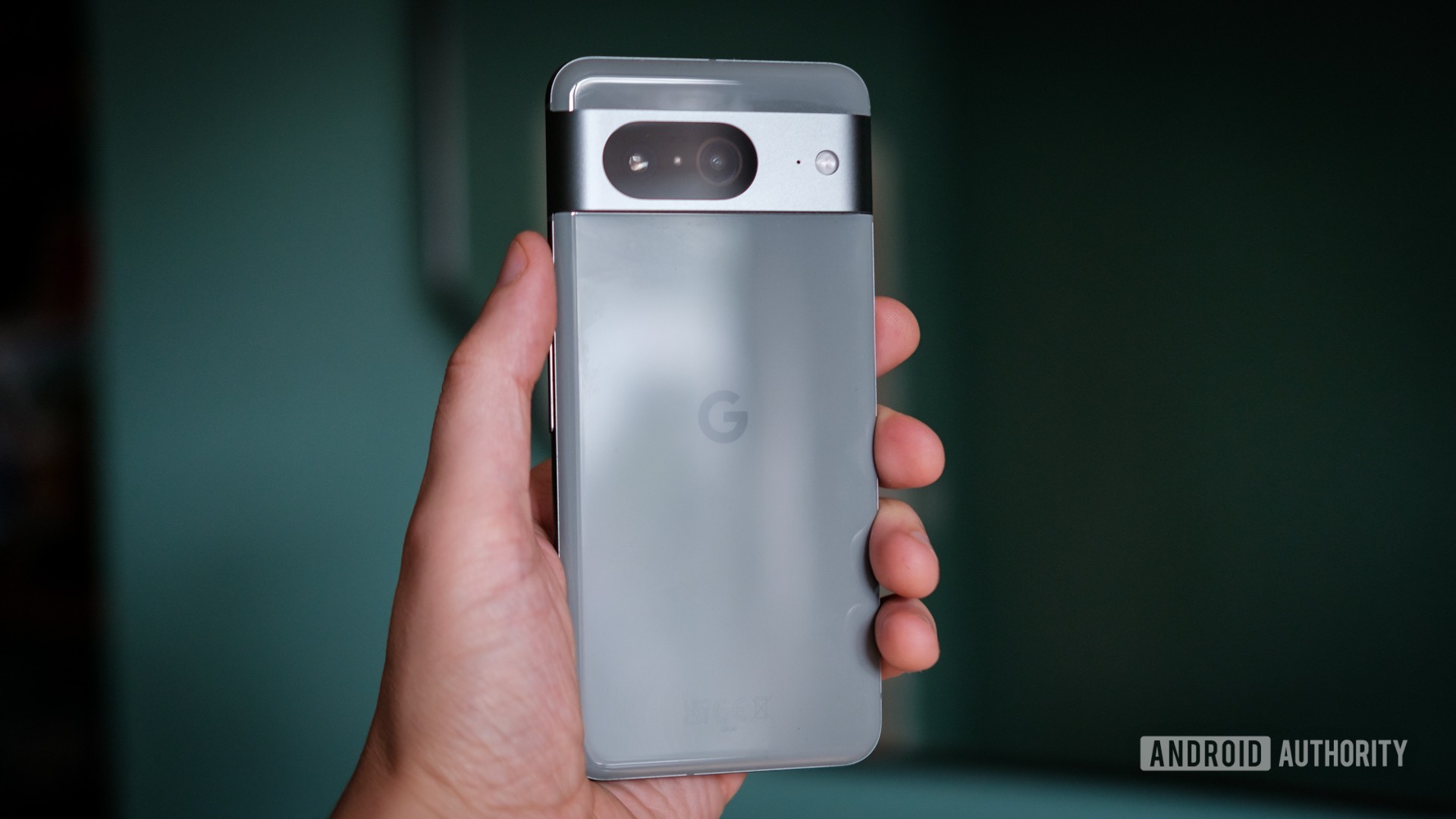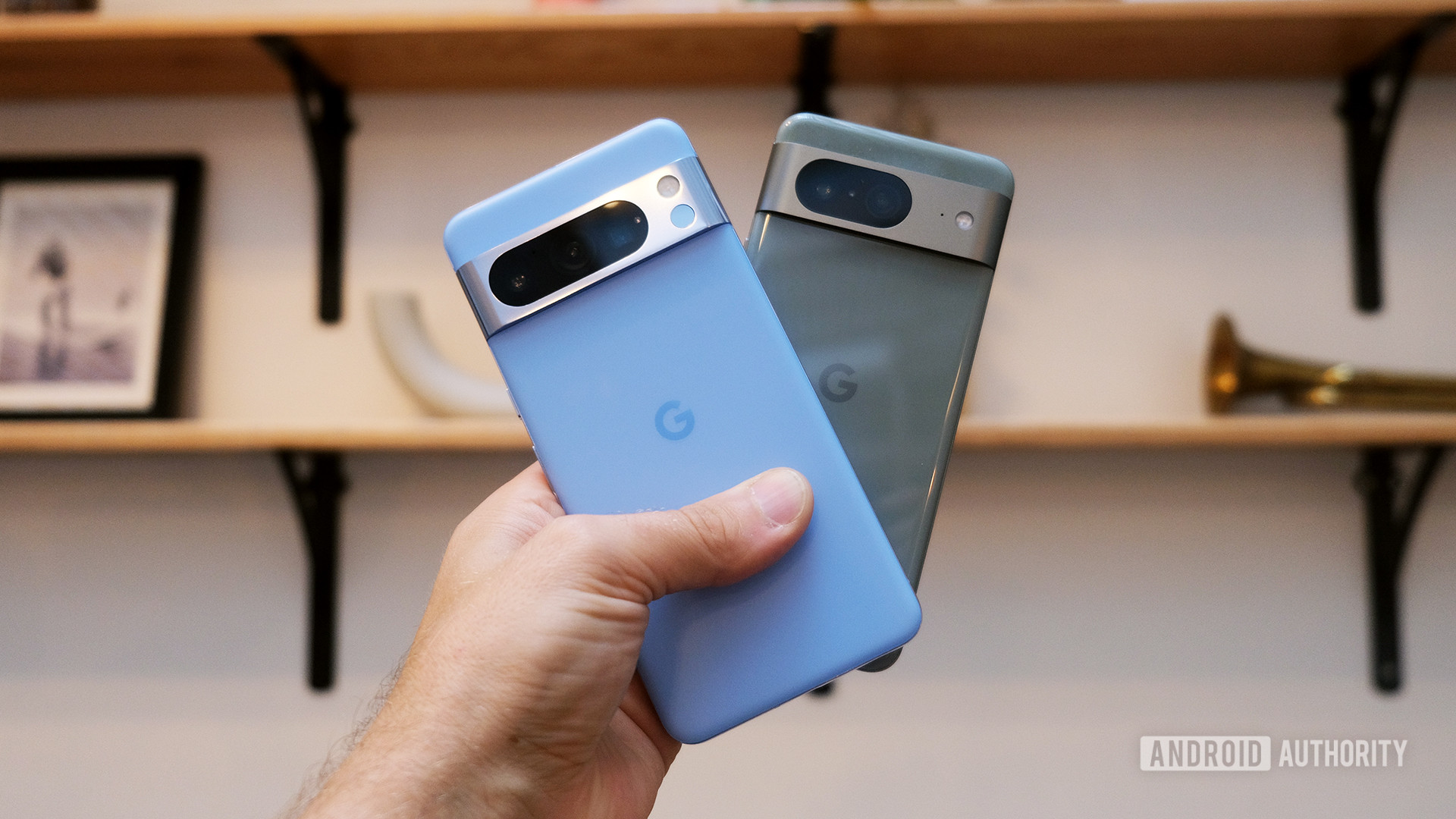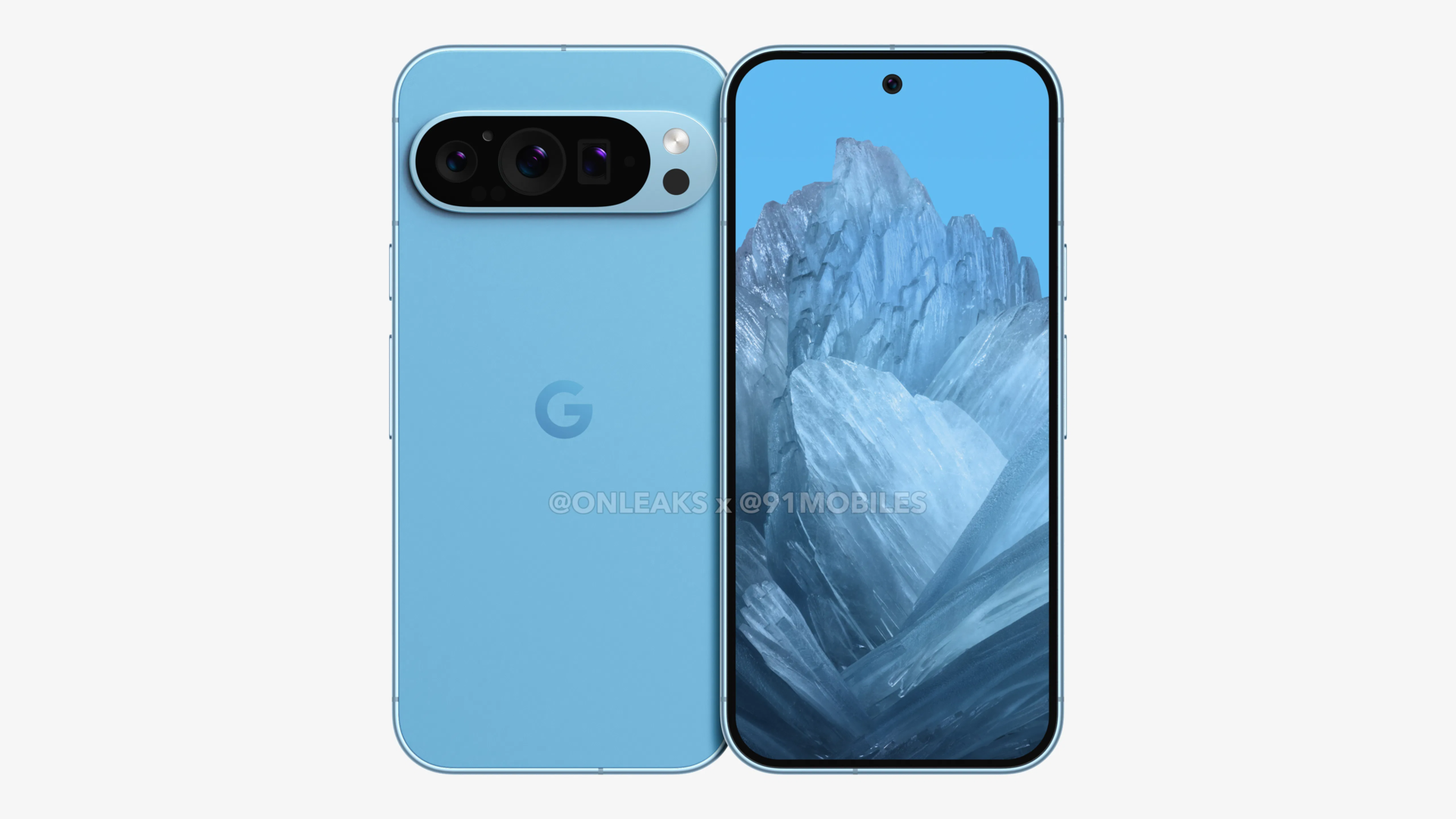Affiliate links on Android Authority may earn us a commission. Learn more.
Google's mistreatment of the small Pixel 8 has me worried about the Pixel 9

We knew from the moment they were announced that the smaller and bigger Pixel 8 and 8 Pro would not be treated equally by Google. The baby Pixel 8, as I like to call it, lacked the manual camera controls that appeared on the 8 Pro, even though it should have been perfectly capable of handling them. Other features, like Video Boost and Zoom Enhance, were also promised as Pixel 8 Pro exclusives.
We thought that would be the extent of it: The Pro would get some extra photography features because it made sense to offer them to those who splurged on the photography monster, not the basic phone. Fine.
But then Google revealed that Gemini Nano, its on-device AI model, won’t be coming to the base Pixel 8 either. This would deprive it of accessing AI features like voice and article summaries or keyboard smart replies locally, privately, and quickly. That exclusion didn’t come with any real explanation, either, save for a vague “hardware limitations” comment.

Everyone’s running theory is RAM. AI models are notorious for resource usage, and the Pixel 8 only offers 8GB compared to the 8 Pro’s roomier 12GB. That excuse falls to pieces, though, when you know that all three Samsung Galaxy S24 phones, including the base 8GB Galaxy S24, are getting Gemini Nano. So what is it, really, that makes the Pixel 8 so much less capable than the Pixel 8 Pro?
Nothing, really, on paper. Not even if you dig alongside the margins. The differences between the Pixel 8 and 8 Pro are well-known, but in terms of power, both run the same Google’s Tensor G3 processor, and all of our testing showed they had pretty similar benchmark results. The Pixel 8 scores a fraction lower on most tests, but the difference is neither significant enough nor a justifiable excuse to deprive it of extra features. Even the brief rumor that the Tensor G3 might be packaged differently between the two phones (via @RGcloudS) was later dispelled (via @Za_Raczke). So once again, what is it really that makes the Pixel 8 so much less capable than the Pixel 8 Pro?
It's baffling that Google launched this phone a few months ago and is already leaving it behind.
I’m sure there’s a reason other than marketing and greed — ha! No, really, Google has done generally well in bringing new features to older hardware for years now. Some outlier features seem to be arbitrarily locked out of specific phones, but in general, the company has set a good example in making sure as many phones in its portfolio got its more recent innovations.
That’s why the Pixel 8’s treatment — and the lack of transparency around it — is jarring. It’s also baffling that Google launched this phone a few months ago fully aware of those “hardware limitations” and fully aware the 8 wouldn’t be able to keep up with the 8 Pro once more demanding AI models landed. We’re not even six months into this phone’s launch, and it’s already lagging behind!
And I’m not alone in my concern. We asked you, Android Authority readers and followers across various social platforms, whether you regretted buying the base Pixel 8. We received over 6,500 votes in total. Although only a third of our site readers were jaded by their purchase, the grief was more obvious on Twitter and YouTube, where a little more than 50% of voters said they regretted their decision.
For many of those who voted “No,” though, the explanation was that they bought the Pixel 8 for its price and size. AI and Gemini, Nano or otherwise, were not and still are not a part of the equation. But that’s today.
You might not regret missing on Gemini Nano today, but what if it powered more substantial features tomorrow?
I understand that we can all scoff at Gemini Nano and its limited capabilities today. Missing out on a simple article or voice recording summary? Eh, that’s not the end of the world. But tomorrow’s Gemini Nano could be a more powerful beast. What then? What if more exclusive features landed for Gemini Nano on the Pixel 8 Pro but never showed up on the Pixel 8? What if your still-new phone found itself lagging behind the competition?
This is why I’m worried about the upcoming base Pixel 9. Although we don’t know much about the smaller phone’s hardware and capabilities versus the bigger 9 Pro, the Pixel 8 is setting a bad precedent. The 9 could similarly be neglected a few months into its existence. A feature here, another there, and all of a sudden, it’s not really a good deal anymore.
The Pixel 8 sets a bad precedent. Who says the Pixel 9 won't be similarly neglected a few months after release?
50% of my phone-buying decision these days is based on out-of-the-box features, and the other 50% on how well the company has historically kept its previous phones updated. Not just with regular Android version update policies and security patches but also with innovative features. I love the Pixel lineup because Feature Drops add extra value to my phone every few months. The Pixel 8’s situation is putting a question mark next to this former certainty, though.
Is this a one-time exception, or will there be more and more examples of Google leaving less powerful hardware behind in a rush to compete on AI? And is the company really willing to ruin one of the most appealing aspects of the Pixel experience — the fact that even the cheapest Pixel offers some unique features? I hope not, but until we’re sure, I’d be very wary of the Pixel 9.
